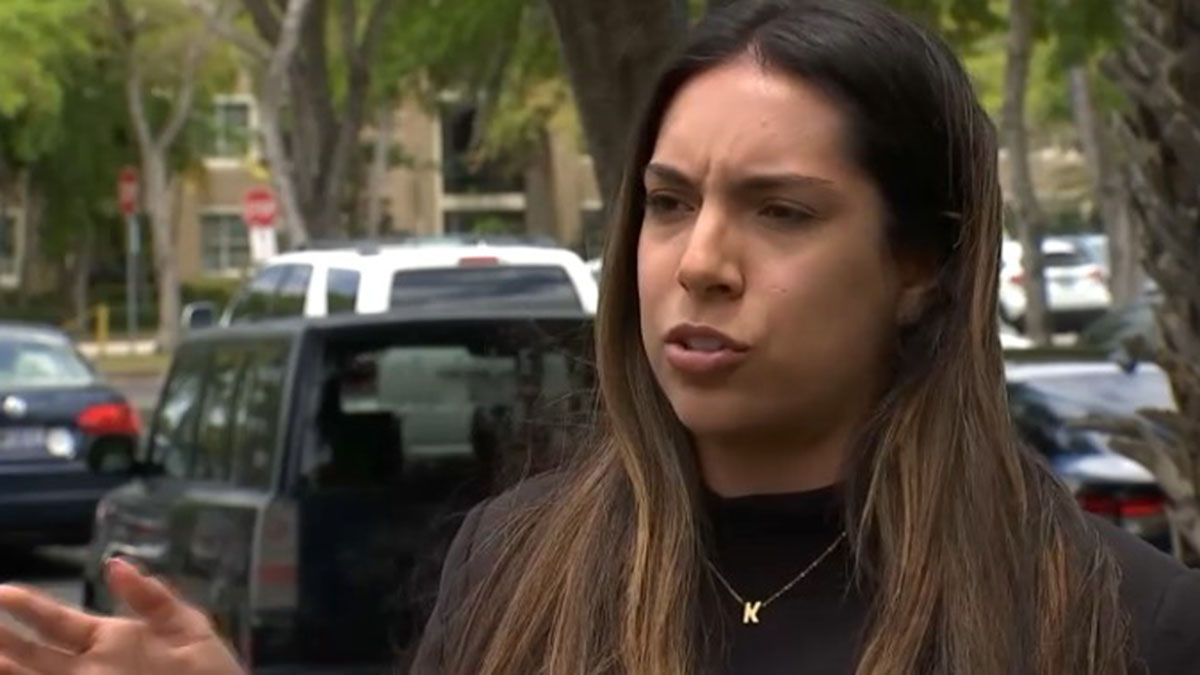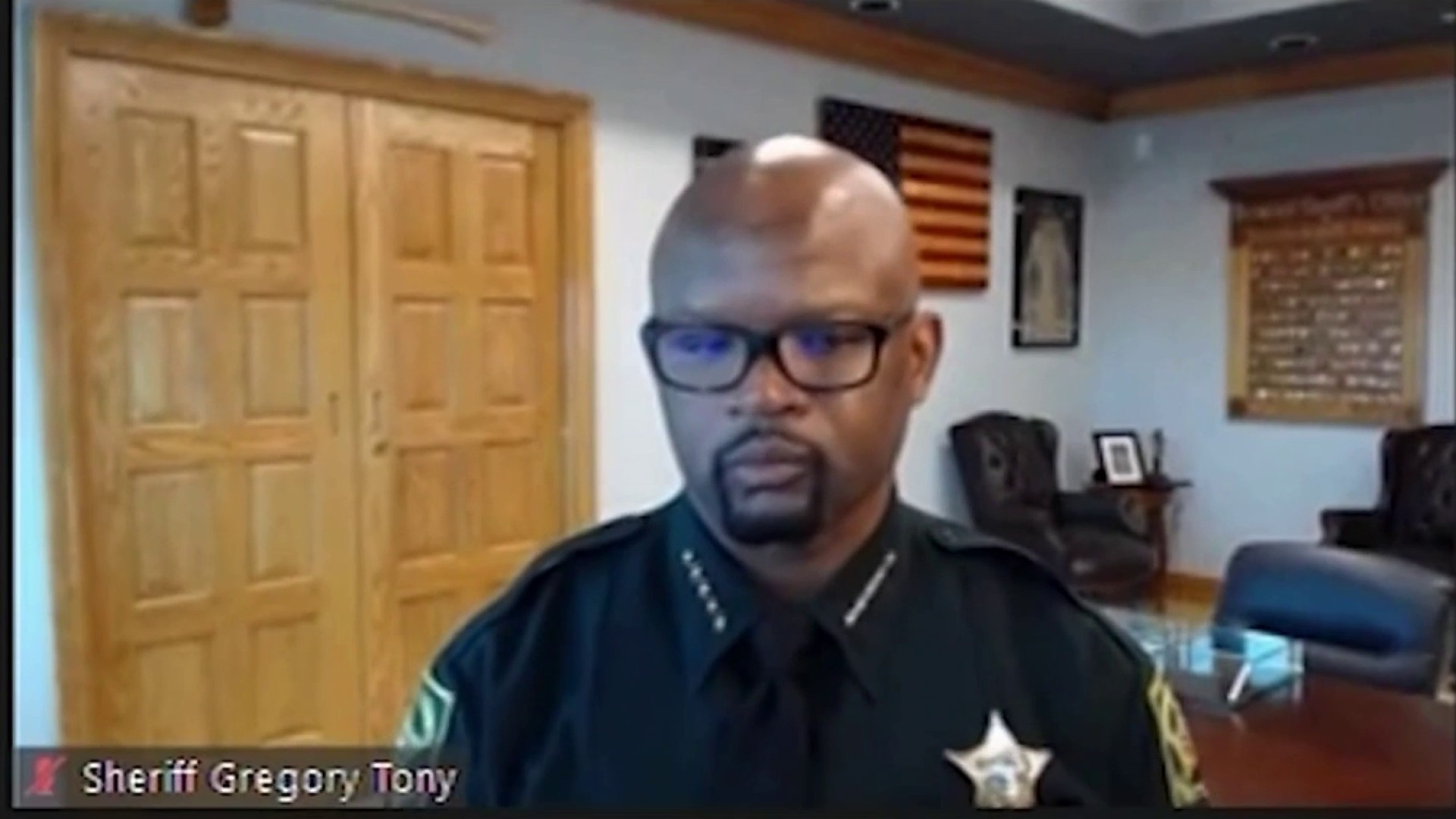Protesters sprawled in lawn chairs, worked on math homework and played cards on main roads around Venezuela's cities Monday, joining in sit-ins to disrupt traffic as the latest slap at the socialist government.
Thousands shut down the main highway in Caracas to express their anger with the increasingly embattled administration of President Nicolas Maduro. They turned the road into a kind of public plaza, with protesters settling in for picnics, reading books and reclining under umbrellas they brought to protect against the blazing Caribbean sun.
Juan Carlos Bautista passed the afternoon playing dominos.
"We want to be free. I'm here fighting for my children and my children's children," he said.
In South Florida, dozens of elected officials held a press conference in Doral Monday to send a clear message to Caracas and Washington.
"I denounce Maduro the dictator and his regime for using violence against its own people," said Miami-Dade County Commissioner Jose "Pepe" Diaz.
Diaz called on President Trump's administration to impose more sanctions against Venezuelan officials and encouraged the Venezuelan people to keep fighting.
Local
"What you have in Venezuela is a dictatorship disguised as democratic socialism," said Miami-Dade Mayor Carlos Gimenez.
Other elected officials standing in solidarity with the Venezuelan people are Doral Mayor J.C. Bermudez and Miami City Commissioner Francis Suarez.
The Caracas gathering was largely peaceful, though some protesters wrapped bandanas around their faces and threw stones at police, prompting state security forces to release a cloud of tear gas.
The protest movement is entering its fourth week and has been deadly.
In the mountain town of Merida, state worker Jesus Sulbaran was fatally shot Monday at a pro-government rally. Venezuela ombudsman Tarek William Saab said that in addition to Sulbaran, five people were injured at the event. His killing was at least the 22nd death linked to unrest that began almost a month ago over the Supreme Court's decision to gut the opposition-controlled congress of its powers.
On Sunday, the Interior Ministry said Almelina Carrillo died in a hospital after being hit on the head by a frozen water bottle that someone threw from a high-rise toward a pro-government rally last week.
The current wave of protests is the most intense the economically struggling country has seen since two months of anti-government protests in 2014 that left dozens dead. But while those protests were led by young people who built flaming barricades in the street, this month's movement is attracting masses of older protesters, who say they are fighting not for themselves, but for the younger generations.
Protesters in at least a dozen other cities staged sit-ins, with some building barricades to stop traffic. In Caracas, protesters dragged concrete slabs, garbage and even a bathtub into the road.
Retired professor Lisbeth Colina said she decided to participate in the sit-in for her grandchildren.
"The side that gives up is the side that loses," she said. "We must remain in the streets. I'm not scared of the repression they're throwing at us," she said.
Maduro said Sunday that he wouldn't give in to opponents and again urged them rejoin negotiations they broke off in December. He also said that the government had no plans to expropriate General Motors' Venezuelan subsidiary. A court last week ordered the seizure of a GM plant and the company responded by shuttering its operations in the country.
But opposition leaders are rejecting calls for dialogue and demanding the immediate scheduling of elections.
"The government wants to use negotiations as a ploy to divide us, demobilize us, and win itself time," congress Vice President Freddy Guevara told reporters. "This protest is an exercise in resistance and a test of our conviction."



